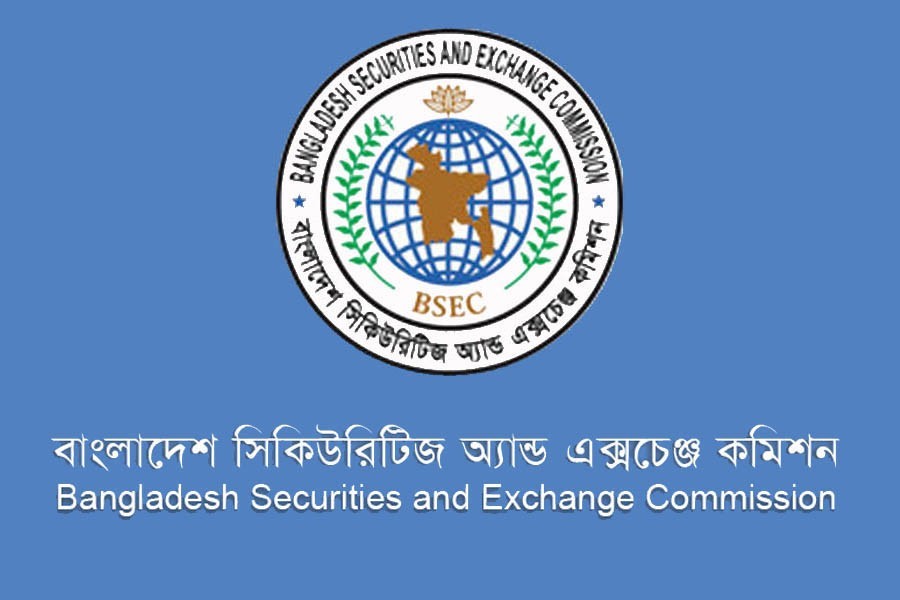The investing public in Bangladesh have always been suspicious about the quality of the financials of companies, listed or otherwise.
After what the top officials of the Bangladesh Securities and Exchange Commission (BSEC) and the Financial Reporting Council (FRC) said about auditors and top notches of listed companies at a function on Wednesday last, their suspicion would only go deeper.
The head of the BSEC, the securities regulator, while speaking at a seminar on ' Financial Statement Analysis and Detection of Fraud' said financial reports in the developed markets reflect the real financial health, performance and future expectations of companies. 'But the situation is opposite in our country in most cases', he said.
He also disclosed that one of the reasons for 2010-11 stock market debacle was the doctored financial reports of listed companies.
His observation that auditors do only put their signature on the financial reports prepared by the chartered accountancy students does highlight how casually the audit firms take their jobs.
However, the BSEC chairman's observation was not entirely correct that the financial reports of developed market portray the real health of companies. Corporate fraud is very much existent in the West also. Enron, Waste Management, Tyco International, HealthSouth and WorldCom are the five biggest corporate frauds in the US history. Among those, scandal involving the energy giant Enron had jolted the US corporate world and Arthur Anderson was the audit firm that cooked its financials.
The comment coming from none other than incumbent executive director of the Financial Reporting Council (FRC) seems to be one step closer to the actual state of financial reporting by the companies in Bangladesh.
According to the FRC executive director, the high-ups of companies are more interested to appoint 'will-he-listen-to-us' type audit firms.
The content of the statements made by the stalwarts of two regulatory bodies does evoke, at least, a couple of questions. Firstly, why do auditors, who are supposed to work independently and follow international as well as national accounting standard in their audit work compromise their professional integrity? And, secondly, why do the BSEC and the FRC, instead of taking actions against the errant and dishonest audit firms, criticise the latter in the public forum?
More than a decade has elapsed since the collapse of the stock market in 2010. During this long period, the BSEC did one good thing---it helped the adoption of the Financial Reporting Act in 2015. That is all. It took more than two years for the government to appoint a chairman of the FRC. This important regulatory body, however, is yet to make any tangible move to prove its existence.
Most people are aware of the dishonest practices that a section of audit firms indulge in from time to time. For understandable reasons, despite its best intention, the Institute of Chartered Accountants (ICAB), the professional body of the chartered accountants, could not take tough actions against its errant members. It did take actions at times, but those were soft in nature.
The BSEC and the FRC are there to deal with the issue of tampering with the financial reports by the listed companies in particular. The 'vision, mission and objectives' of the FRC do tell many lofty things. But it is yet to put those in practice, it seems.
Doctored financials presented by the companies while floating their initial public offerings (IPOs) have been largely responsible for erosion in the confidence of the investors. Despite the BSEC being aware of this fact, many companies could take recourse to fraudulence in the IPOs. Why? The BSEC owes the investors a plausible reply.


